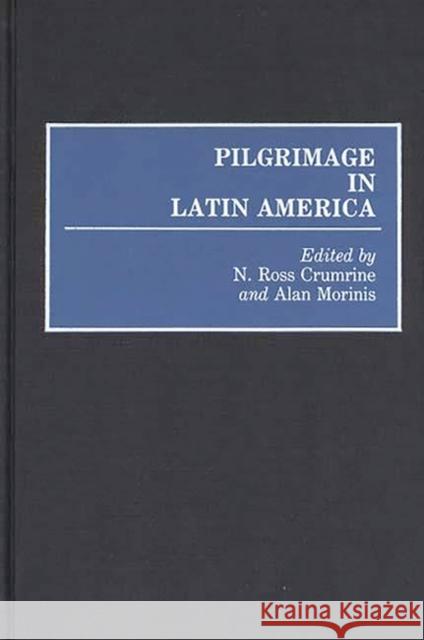Pilgrimage in Latin America » książka
Pilgrimage in Latin America
ISBN-13: 9780313261107 / Angielski / Twarda / 1991 / 464 str.
In every region of Latin America, there are sacred shrines that draw tens of thousands of pilgrims. At present, most of these pilgrimages are overtly Catholic, but the roots of the contemporary practice are numerous: European Christian, indigenous pre-Columbian, African slave, and other religious traditions have all contributed to Latin American pilgrimage. This book explores the historical development, range of diversity, and the structure and impacts of this widespread religious practice. This volume, among the first to focus on pilgrimage in Latin America in general, creates a general framework for understanding Latin American pilgrimage. Although the contributors' focus is predominantly anthropological, analytical perspectives are drawn from numerous disciplines, including archaeology, geography, and religious and literary history. This diversity reflects the fact that pilgrimage is a multifaceted institution that incorporates geographical, social, cultural, religious, historical, literary, architectural, artistic, and other dimensions. It is this complexity that is responsible for the previous general neglect of the study of pilgrimage by scholars. The interdisciplinary collaboration that characterizes this volume is one of the most sensible ways to investigate pilgrimages. All of the essays in this book treat pilgrims, the pilgrimage center, the ritual performances, and the audience as major components, and examine the interrelationships among these dimensions. This volume will interest anthropologists, sociologists of religion, and others interested in aspects of religious practices.











